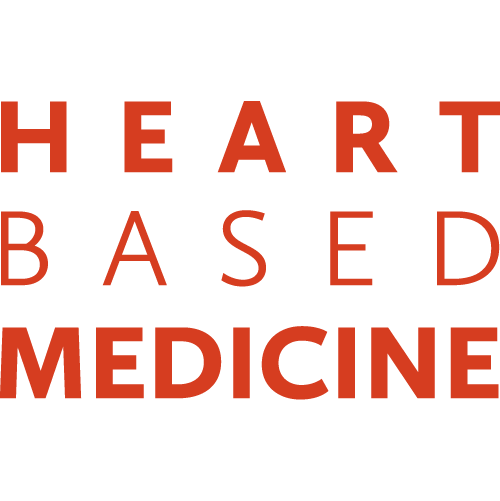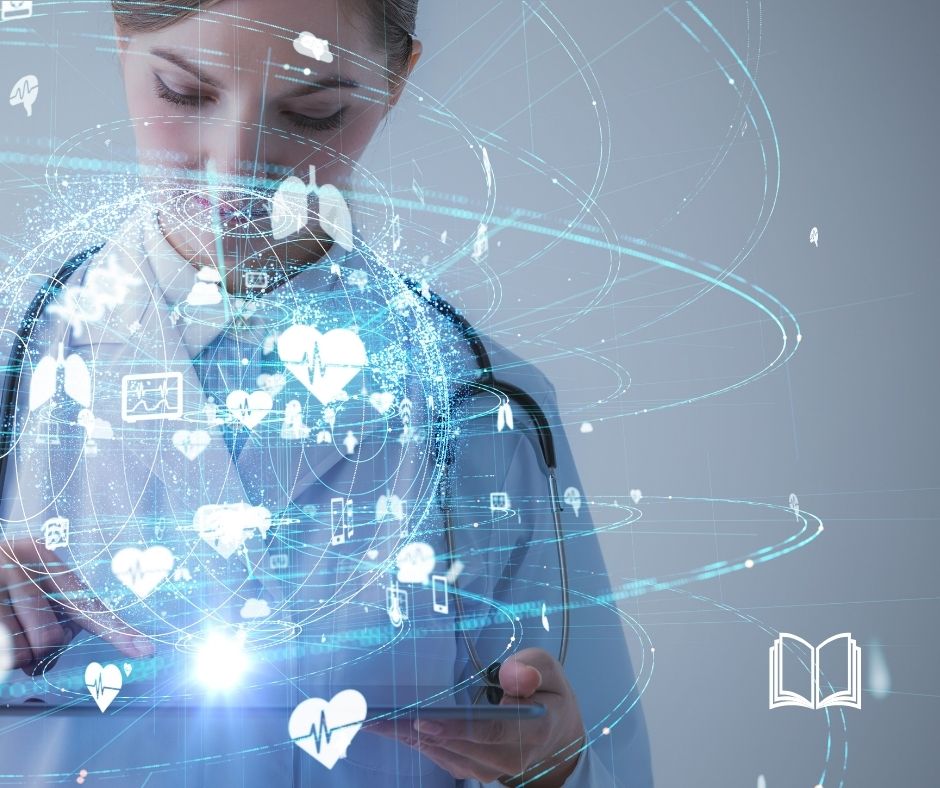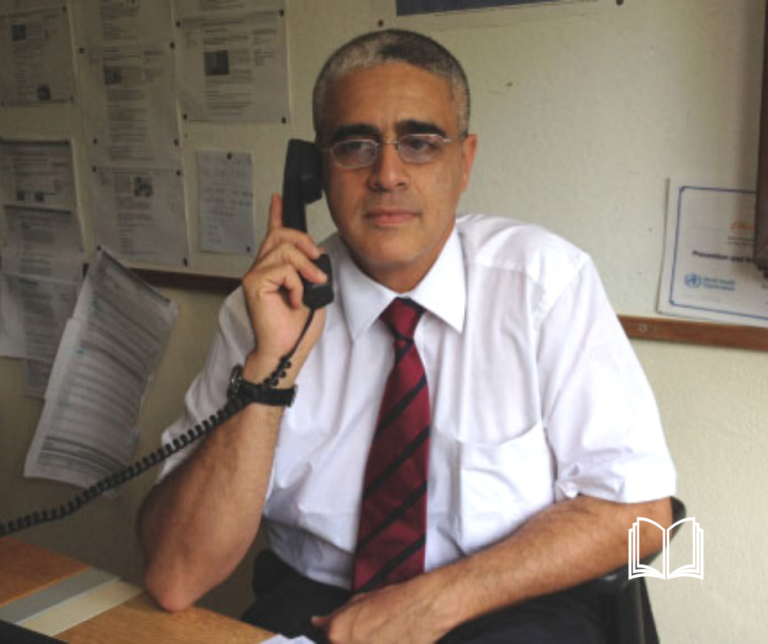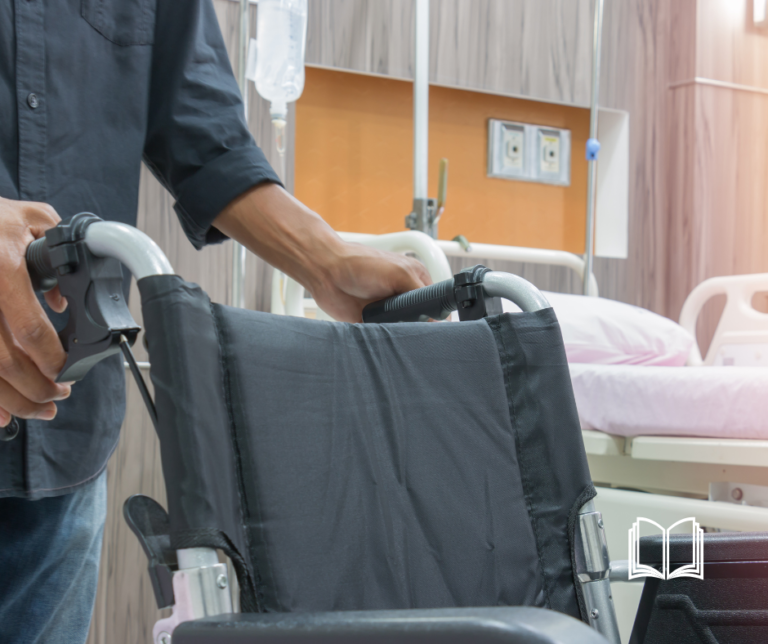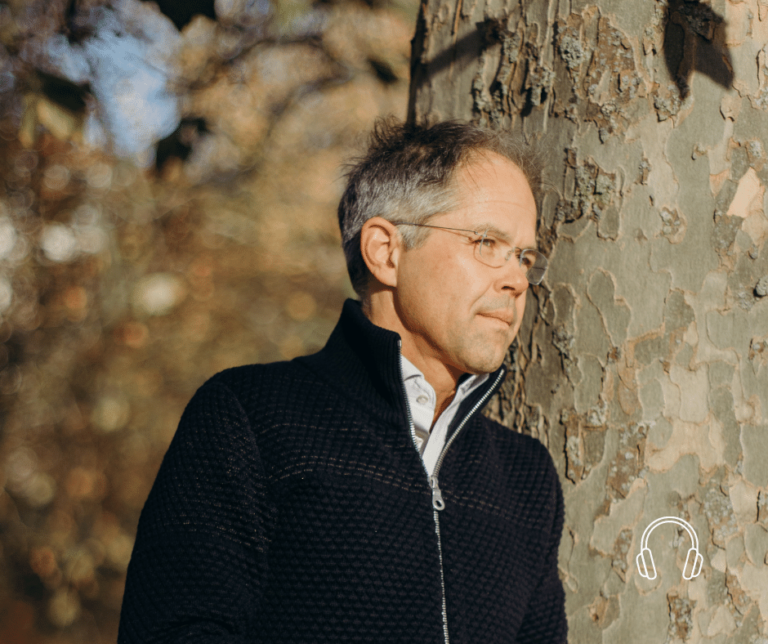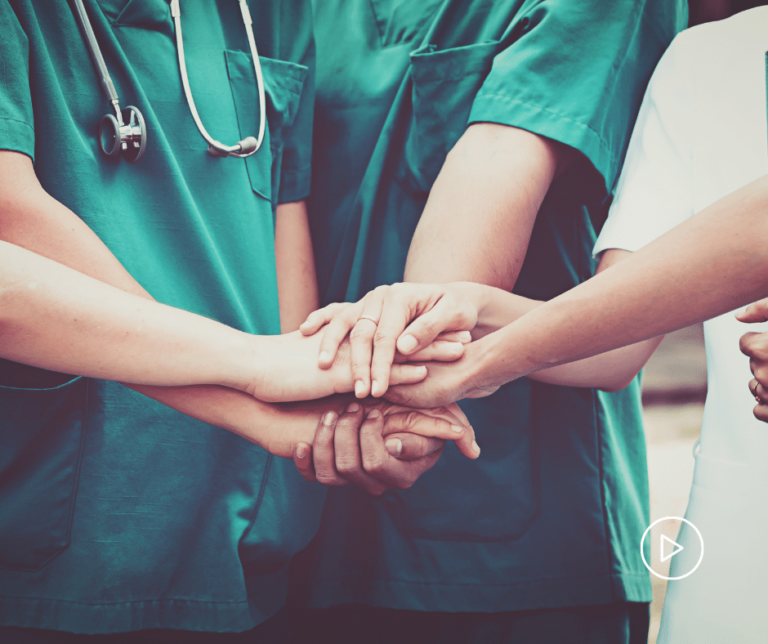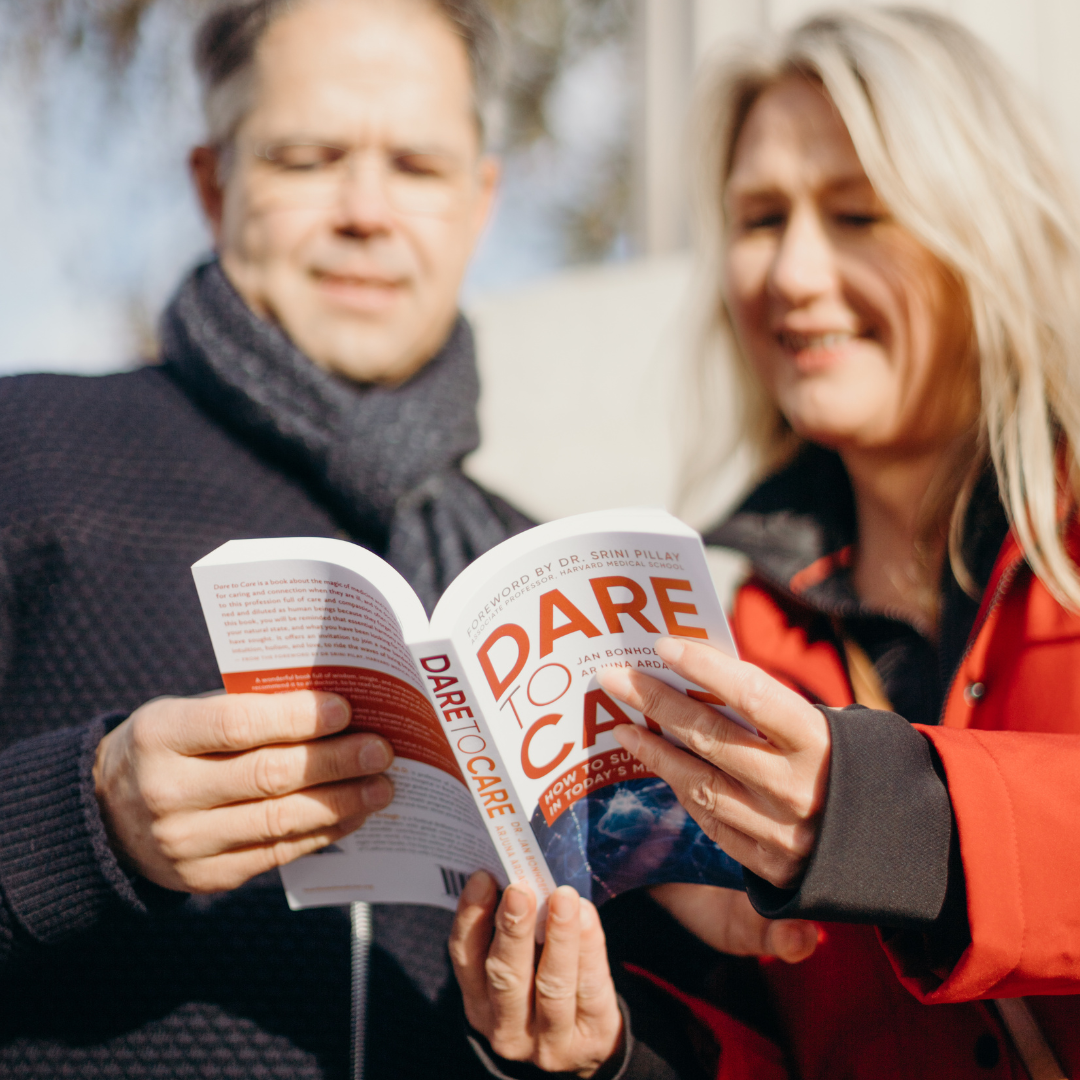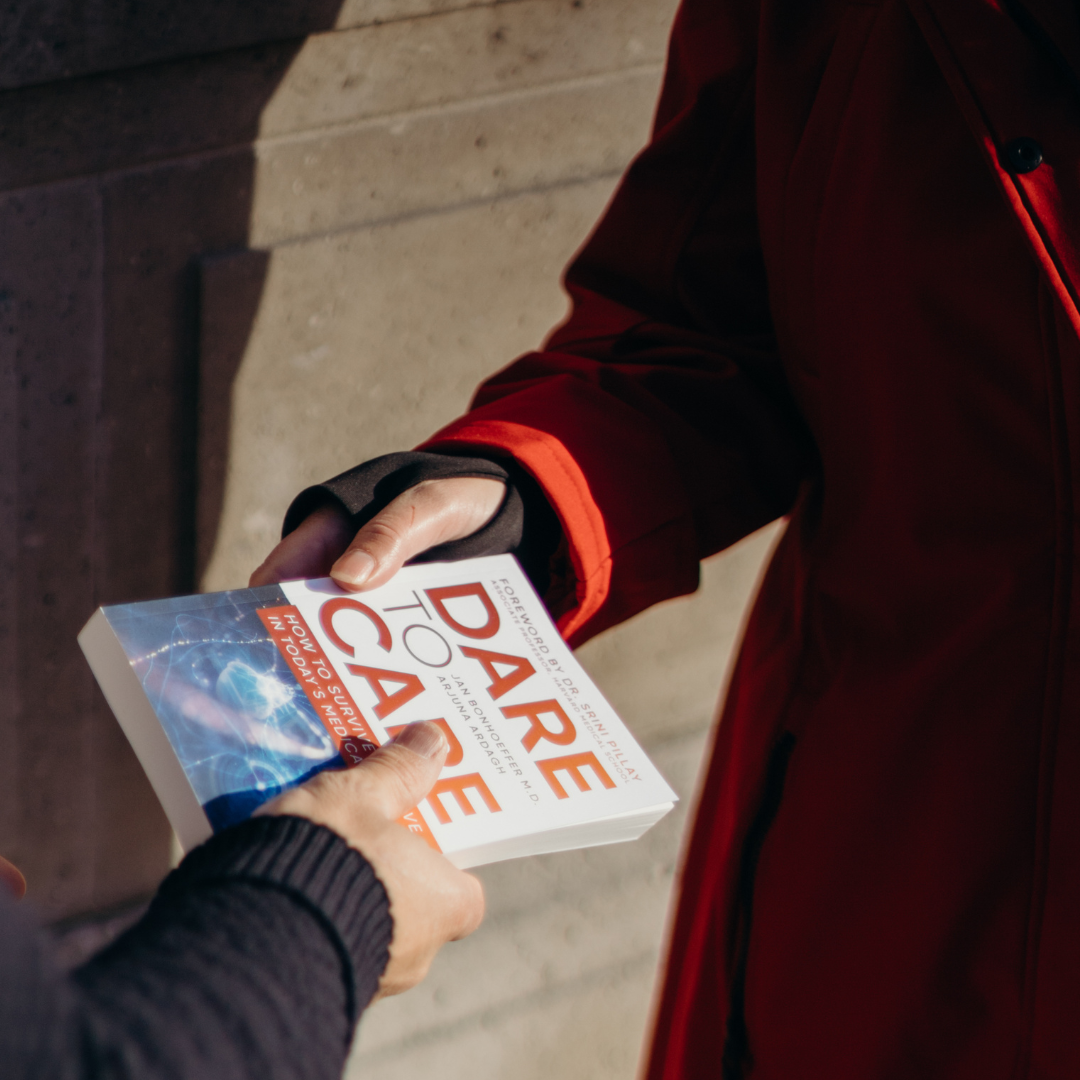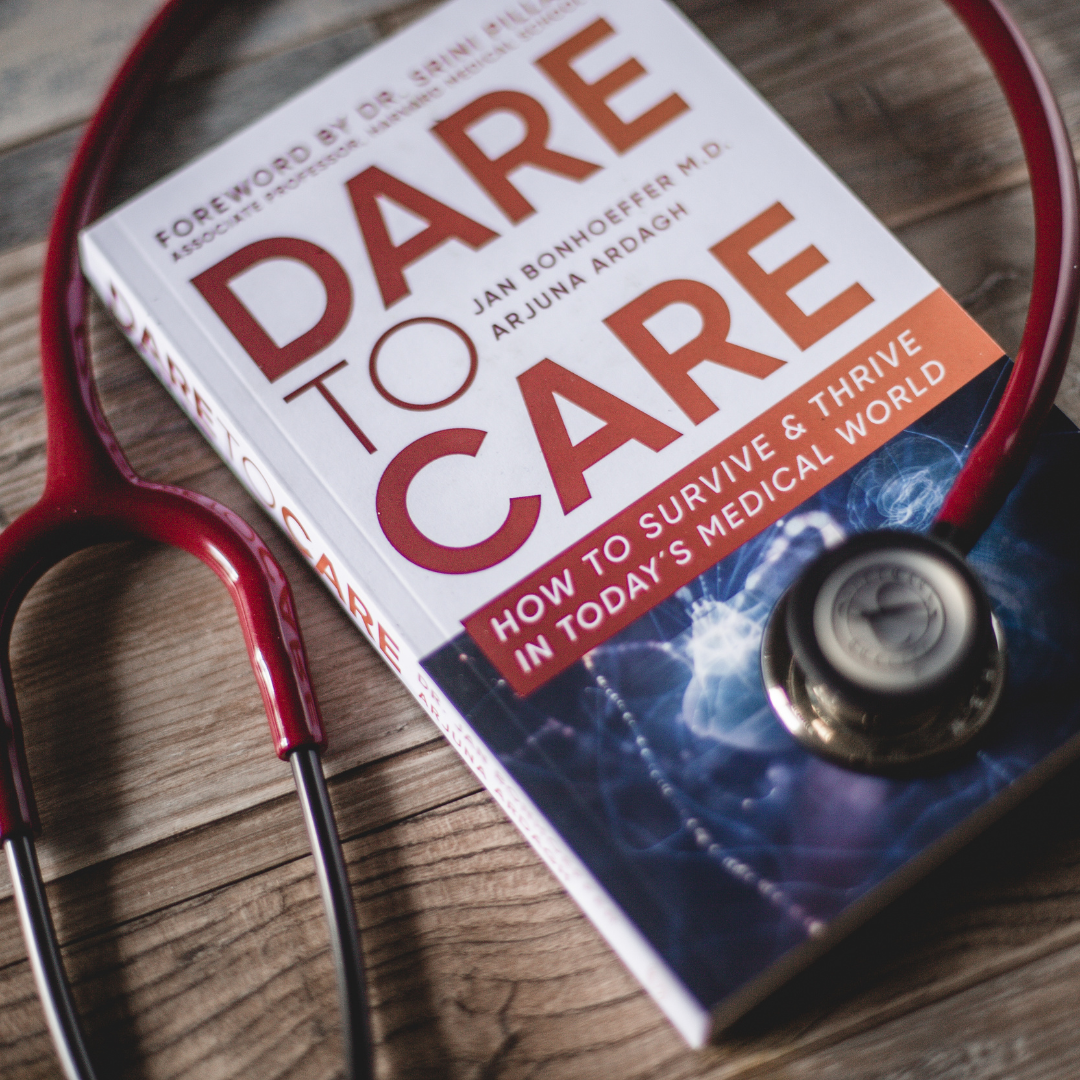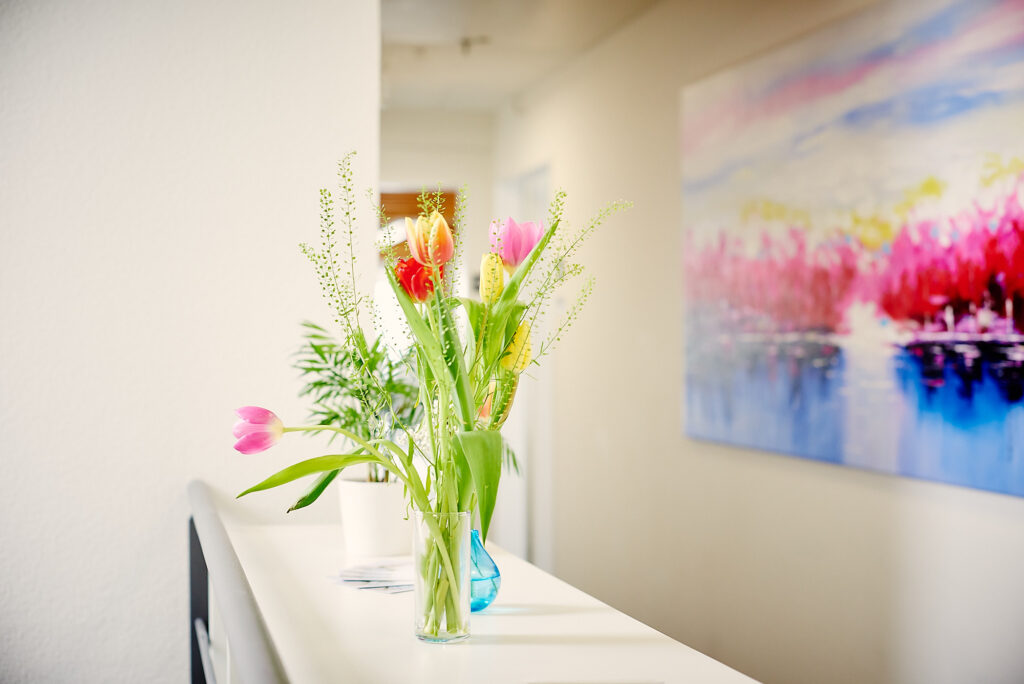Enzymes are now able to edit our DNA, spawning the rapid development of a new field of genetic surgery with the intention of redesigning or repairing broken or malfunctioning pieces of our genome. And this evening, I received the news that a Cambridge-based company is announcing a new robotic surgical system which will operate on real humans with its spider-like arms while hovering over the sleeping patient!
Welcome to next generation medicine.
The scientist and academic that live within me are thrilled. My heart rate increases, my eyes open wider and I lean forward as I absorb more and more of these daily messages.
But a greater part of me sinks deeper into my chair, a cloud of sadness gathering around my eyes.
I realize that this sinking sensation is being felt most keenly by Jan the pediatrician, the human being, the person who loves to take time and be with his patients eye to eye and heart to heart.
New scientific breakthroughs and technological advances are on the rise. The future holds a vision of a home care robot helping grandma to look after herself while her automated home provides her with a sense of security and saves time for her children. A ‘no-touch’ policy within physiotherapy and nursing is intended to protect privacy and hospital hygiene. Artificial communication systems that are being introduced into hospitals are all being developed to improve patient safety – and admittedly they sometimes do.
Yet with all this progress, we are on the verge of replacing the increasingly rare postmodern species of a well-trained clinical doctor who cares personally for their patients.
Is this really where we want to go with health care?
It seems to me that there is more and more health and less and less care. We are at the tipping point where the key ingredient of health – care – gets buried under the results of advances in technology and the quality control of technicalities.
When I consider my years of education and training, considered to be my main asset as a doctor caring for children, I realise that the knowledge I’ve accumulated is dismal in the face of this future landscape. Digital stethoscopes with audio recognition software will soon deliver globally standardized listening data while artificial intelligence accesses information systems and matches it with inspiring visuals, coming to balanced conclusions within milliseconds.
I expect that my hands will also be replaced by more sensitive devices soon, a type of ‘tactile ultrasound’. Prescriptions will be standardized globally to comply with much-needed quality control efforts, while the choice of drug and dosage instructions will be calculated based on measurable and digitally recorded patient parameters.
In short, robots will soon be better at most of the things I went to medical school for and which I have tried to refine and build upon ever since.
The same will be true for nurses and therapists. As automation of health care is likely to reduce the cost in countries where human labor is expensive and add capacity in middle income countries, it is likely to become a widespread reality.
Is this really the long-term strategy for us humans on this precious planet?
Everyone knows that the essential ingredient to healing is care. Most of us remember the sacred feeling of being taken into our mother’s arms when we take a tumble or fall ill. It’s easy to spot the difference between a doctor or nurse showing up stressed or being present and caring. And many of us recognize the value of being welcomed into a relaxing environment of wellbeing compared to a cold, clinical hospital.
Yes, to continue improving health we need science. Healthcare may dramatically benefit from technological advances, but unless we invest in cultivating compassionate care with the same attention and diligence as we drive progress in the other health domains, we will gradually forget to include the essence of our nature as humans in the healing process. That would not be a caring choice or even a smart one.
Personally, I come from a very loving family environment and have acquired a lot of knowledge during my practice. The families I have cared for over the last 20 years are mostly very happy and have felt loved and seen. As I start to explore the dimensions and options of heartfelt care, I am beginning to realise that current wisdom is scarce and fragmented.
